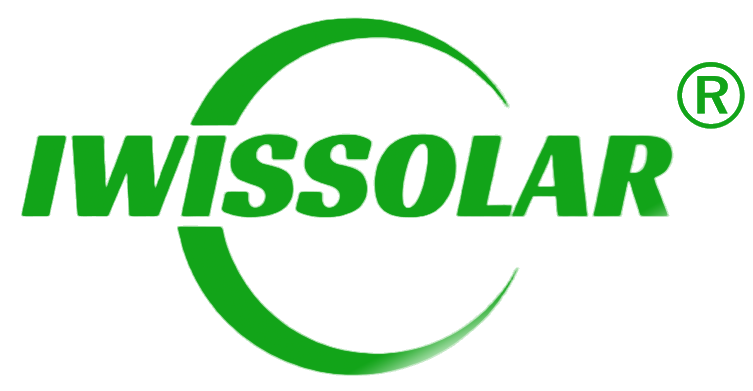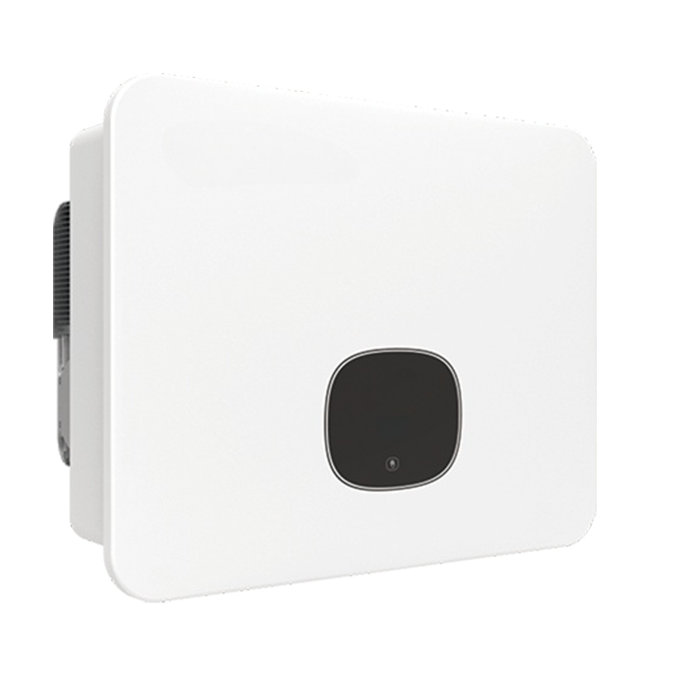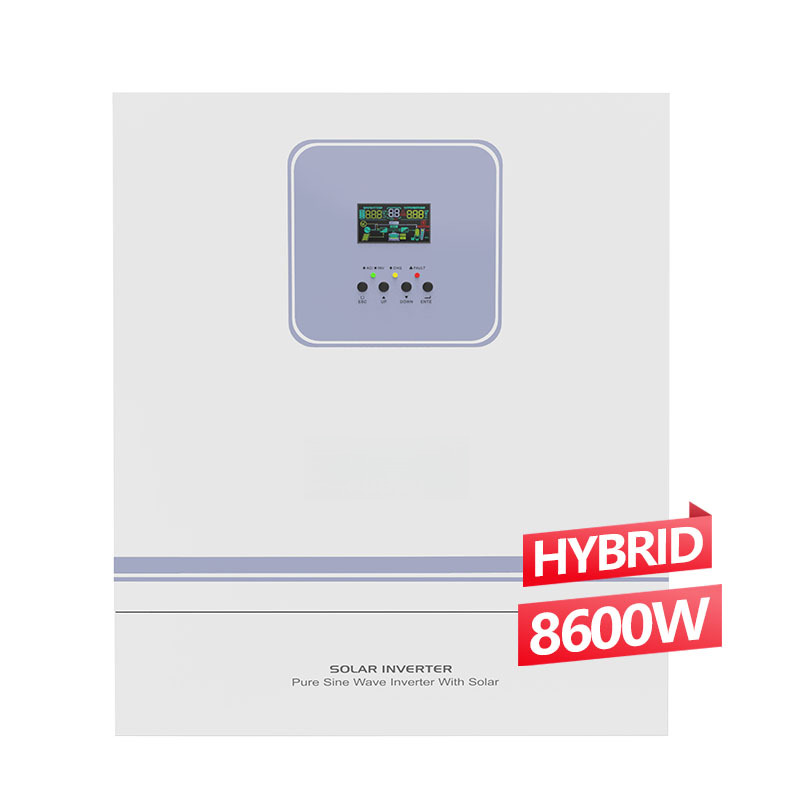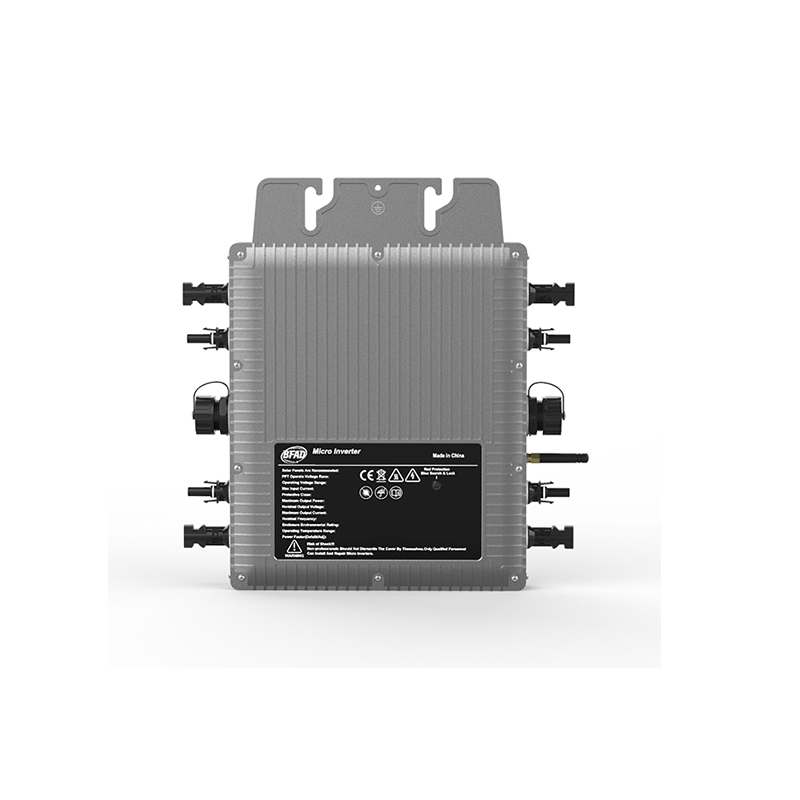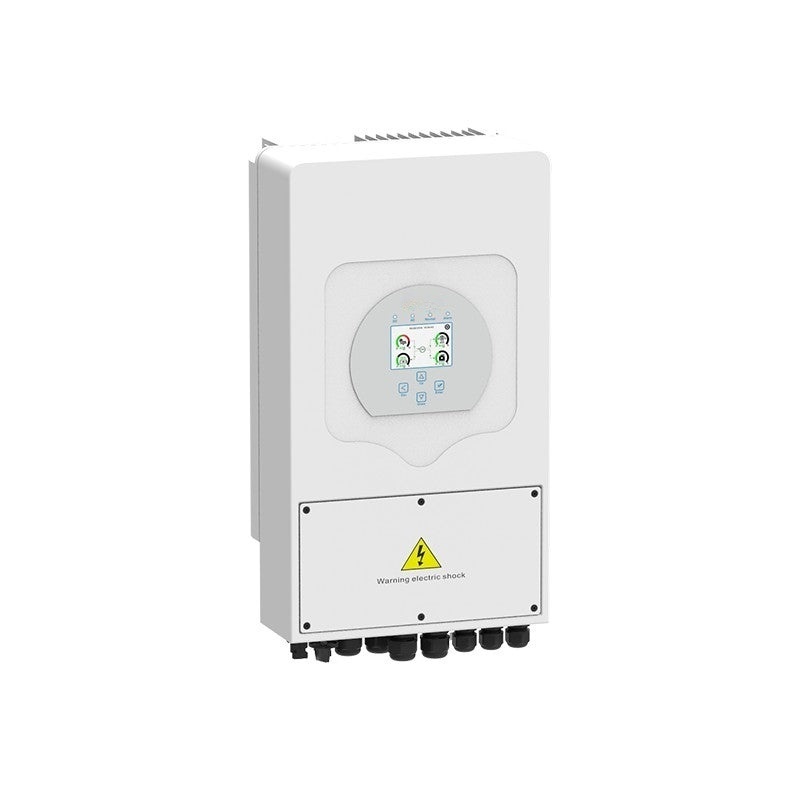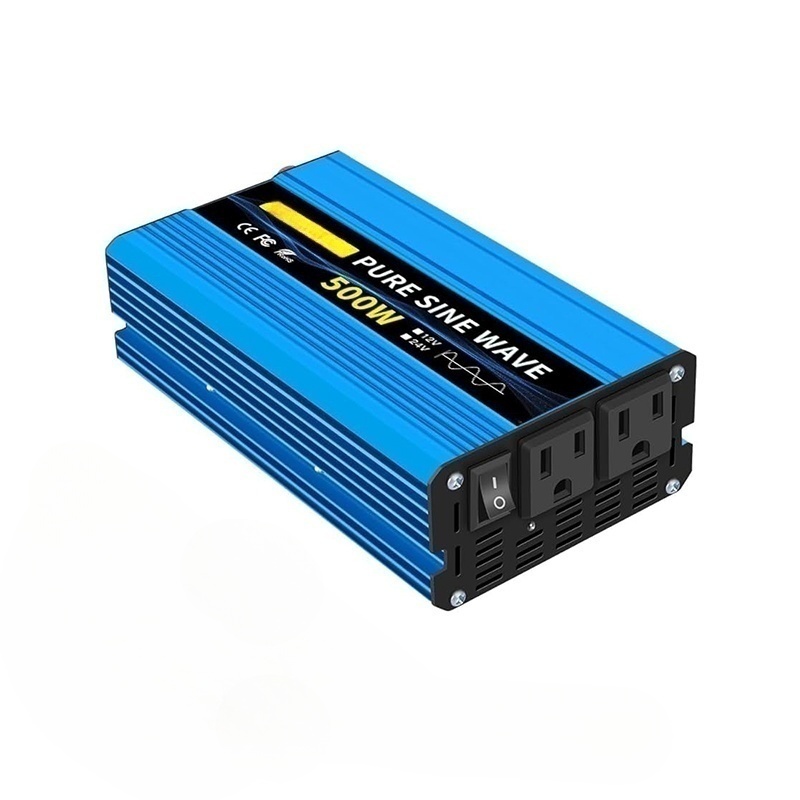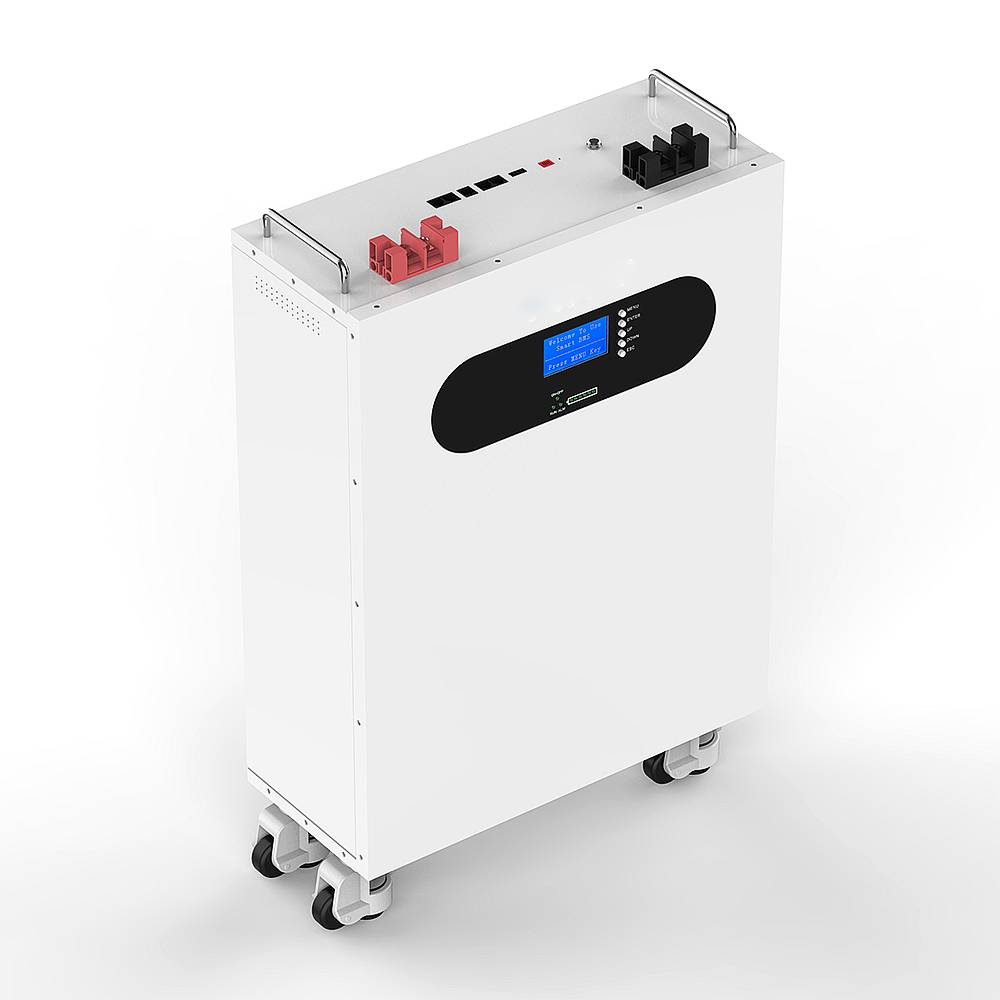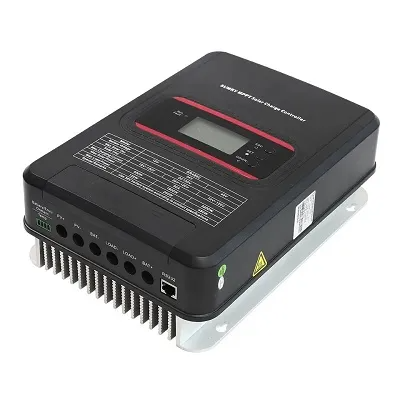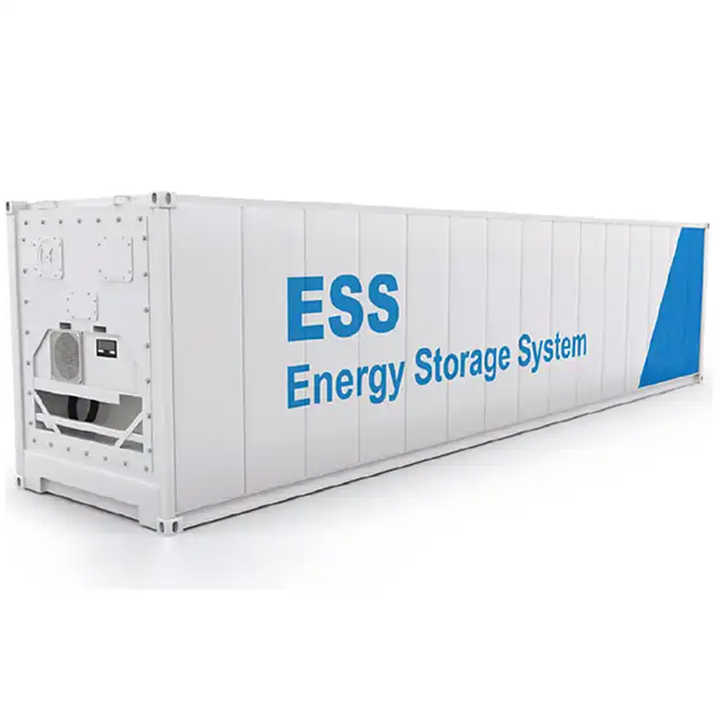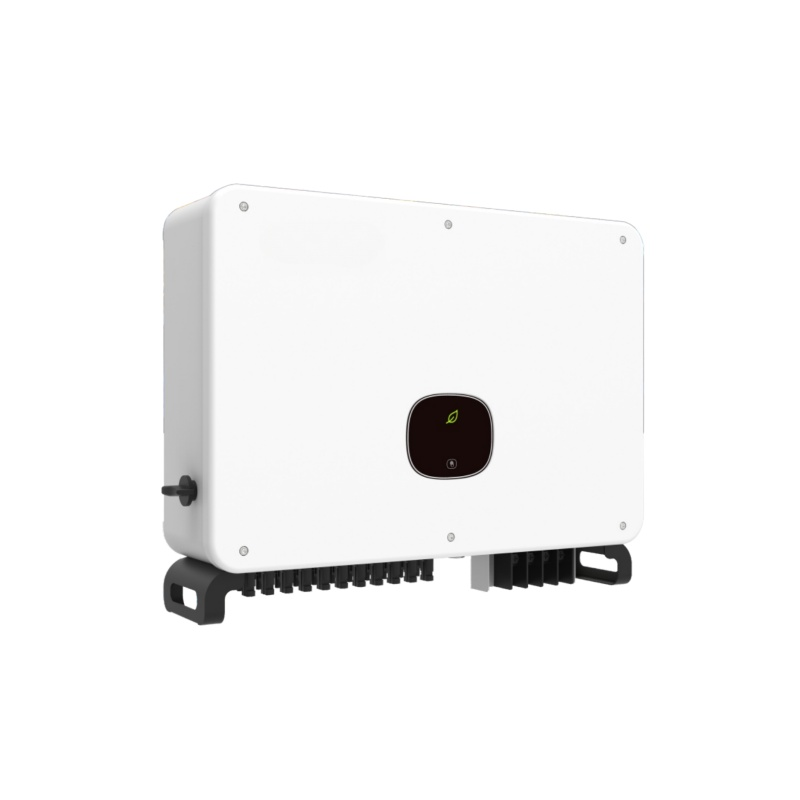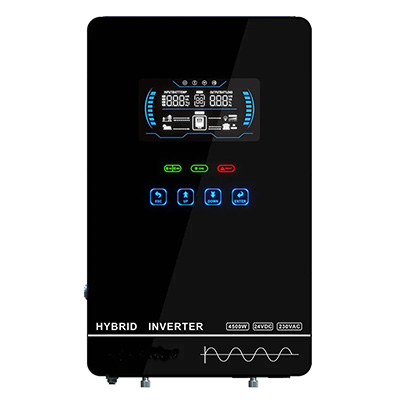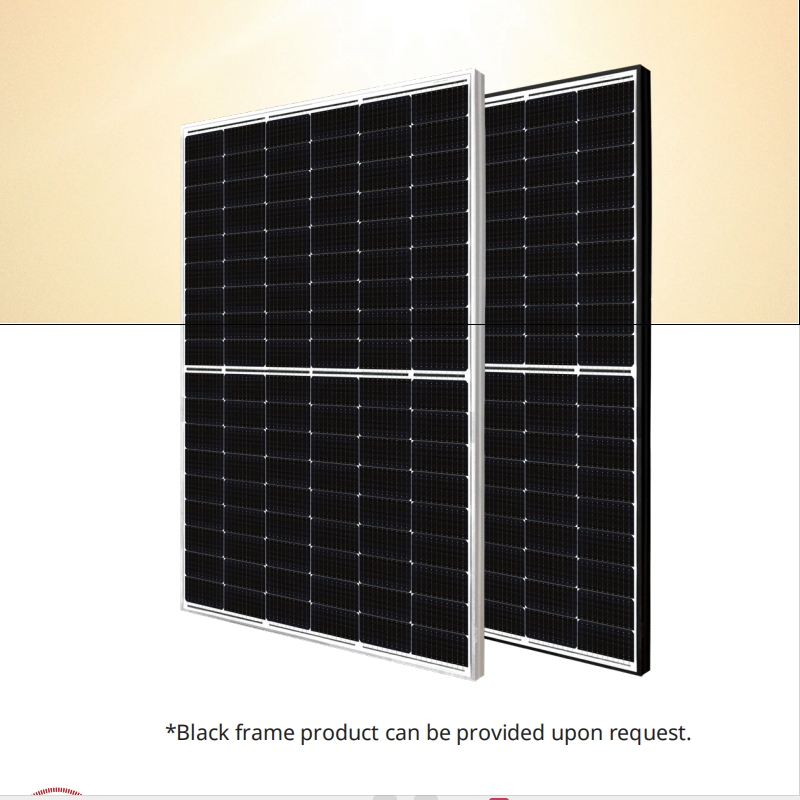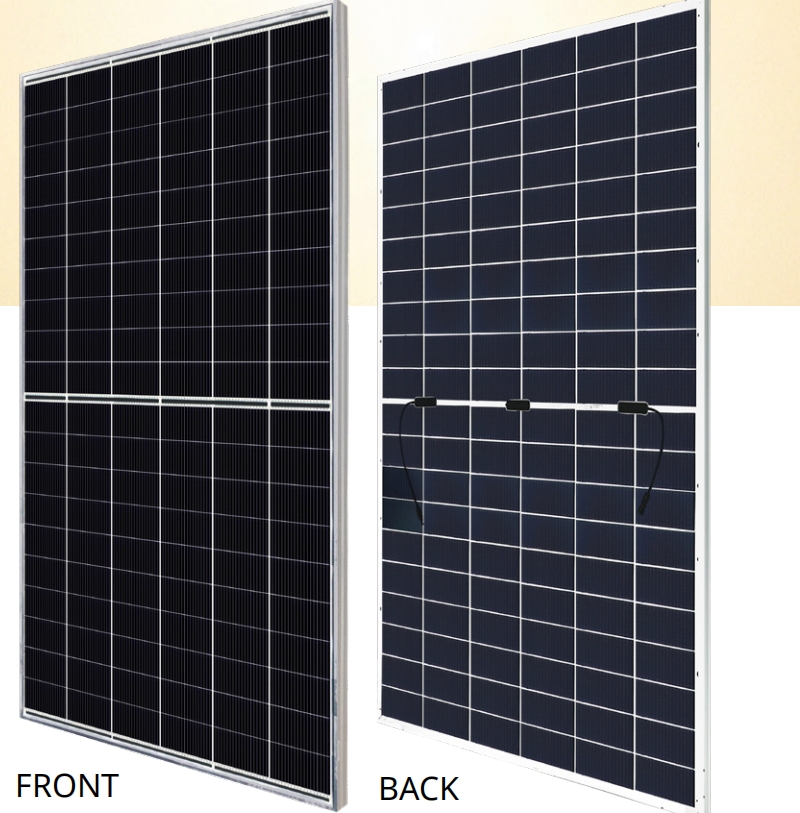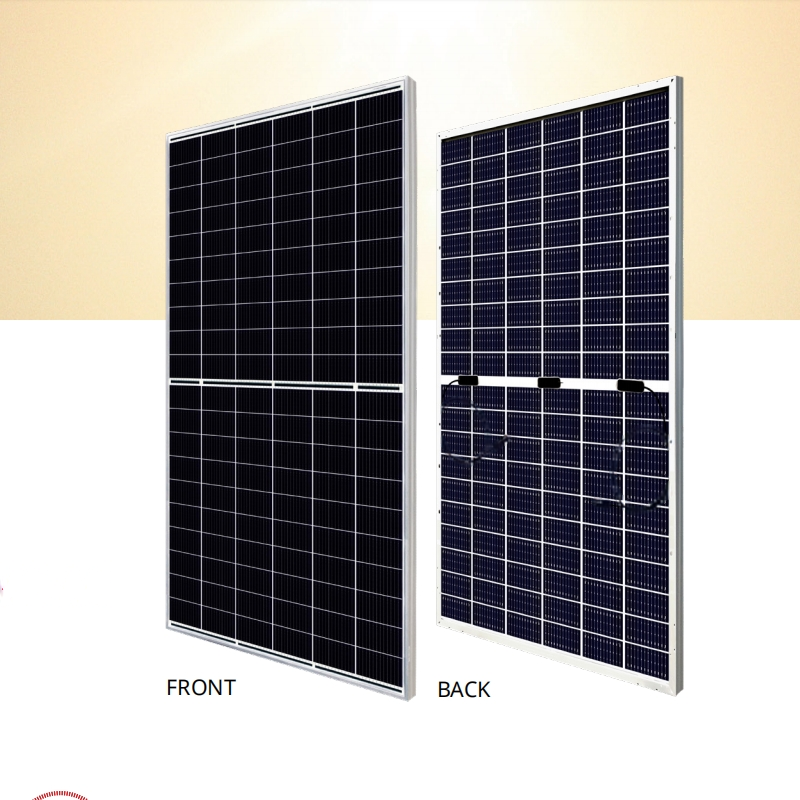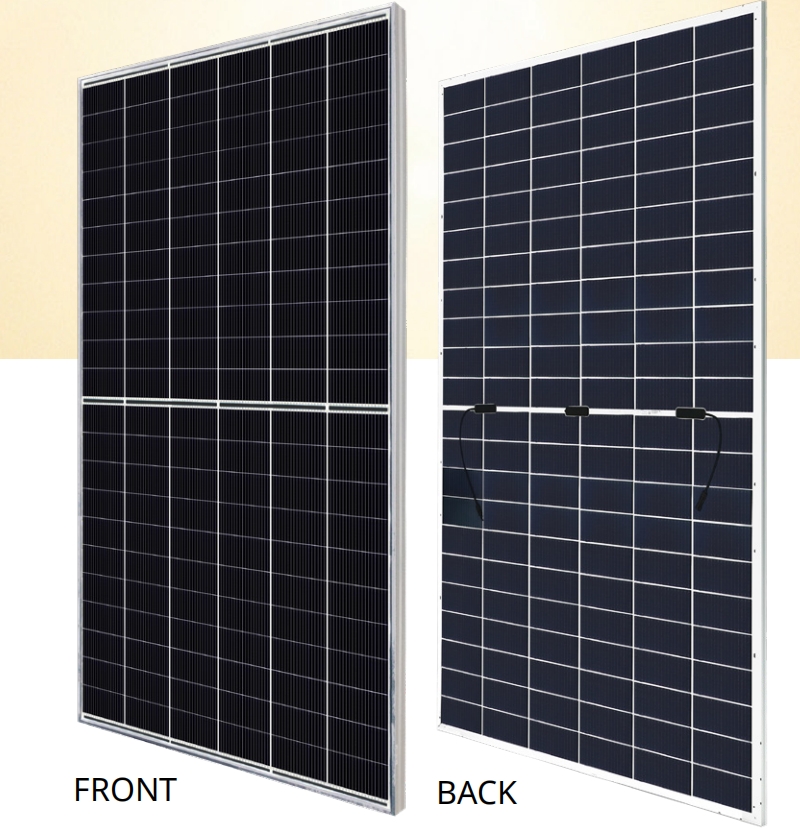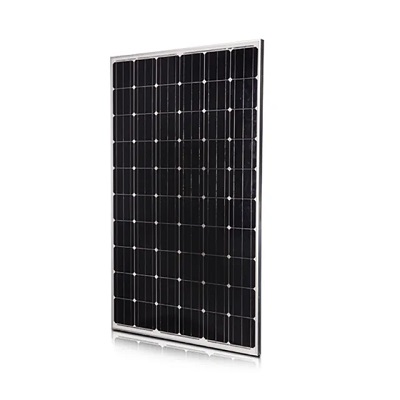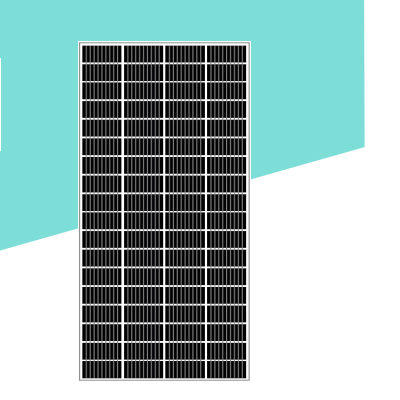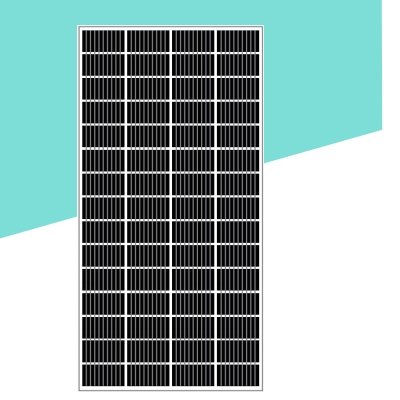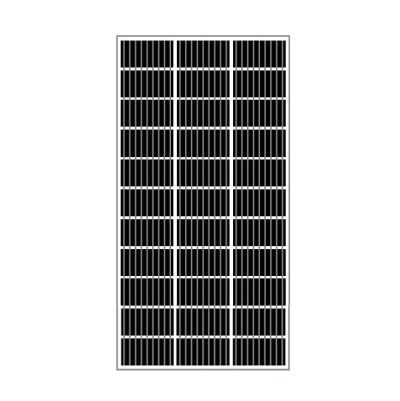Top 5 Solar Lithium Battery Manufacturers in Pakistan
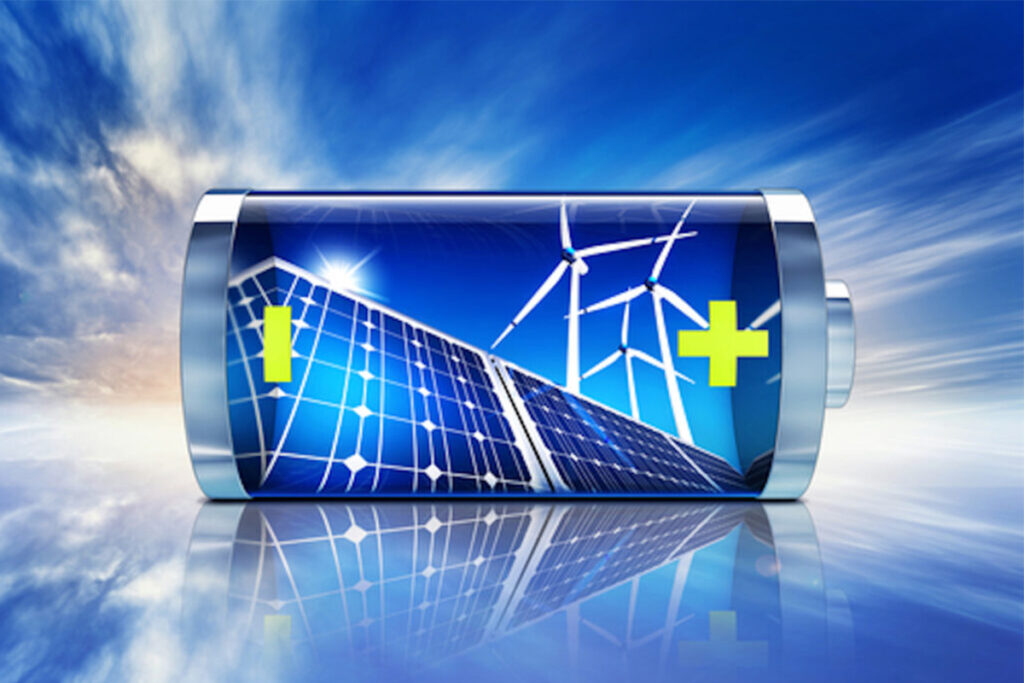
A Detailed Look at Pakistan’s Lithium Battery Industry
Current Industry Status
The lithium battery industry in Pakistan is on the rise, fueled by growing demand for solar energy and electric vehicles. Experts predict the market will grow at a compound annual growth rate (CAGR) of over 1.2% between 2024 and 2029, largely thanks to renewable energy and EV trends.
Local players like Li-Power Green Energy Pvt Ltd and Narada Power Pakistan are key names in the game, though much of the supply still leans on imports or local assembly.
Part 1. Iwis Solar Manufacturers in China
Custom Solar battery For Your Industries
Part2. Manufacturer Details
1. Li-Power Green Energy Pvt Ltd
- What they do: Specializes in R&D, production, and sales of high-end lithium batteries tailored for solar storage.
- Location: Karachi
- About: They’re all about crafting top-quality lithium batteries for solar systems, driven by research. Great for buyers who prioritize quality.
- Edge: They’ve built a decent reputation locally and are a solid pick for solar projects.
2. Narada Power Pakistan
- What they do: Offers a range of battery tech, including lithium-ion, suited for renewable energy.
- Location: Lahore
- About: A branch of China’s Narada Power, they provide lithium-ion batteries for renewable energy. They might rely on imported batteries for local assembly or distribution.
- Heads-up: Double-check how much they actually produce locally.
3. TechEnergy Solutions
- What they do: Based in Lahore, they offer engineering services and may handle battery manufacturing or distribution.
- Location: Lahore
- About: They provide lithium battery solutions, possibly including production or assembly, with a focus on streamlined manufacturing.
- Edge: Could offer good cost and quality control.
4. GreenVolt Innovations
- What they do: Focused on solar solutions in Islamabad, they might produce or distribute lithium batteries
- Location: Islamabad
- About: A company pushing green tech, likely involved in lithium battery production or distribution for solar systems.
- Edge: Close to government research hubs, which could mean tech collaborations. They aim for efficient, eco-friendly energy solutions to cut solar and battery costs.
5. PowerCell Battery Pakistan
- What they do: Reportedly produces lithium batteries in Karachi, though details are scarce.
- Location: Karachi
- About: They make various lithium batteries (12V, 48V models) for solar and other uses, with competitive pricing.
- Edge: A good fit for bulk buyers.
List of Lithium Battery Manufacturers and Background
Based on market research and online sources, Pakistan doesn’t have a ton of lithium battery producers. Here’s a closer look at the five key players:
| Manufacturer | Location | Specialty | Founded | Main Products | Website |
|---|---|---|---|---|---|
| Li-Power Green Energy | Karachi | R&D, production, and sales of premium batteries | June 2022 | Lithium batteries for solar storage | Li-Power |
| Narada Power Pakistan | Lahore | Various battery tech, including lithium-ion | Unknown | Lithium batteries for renewables | Narada |
| TechEnergy Solutions | Lahore | Engineering services, possibly battery-related | Unknown | Lithium battery solutions | TechEnergy |
| GreenVolt Innovations | Islamabad | Solar solutions, possibly lithium batteries | Unknown | Lithium batteries for solar storage | GreenVolt |
| PowerCell Battery Pakistan | Karachi | Lithium battery production (limited info) | Late 2010s | 12V, 48V, 200Ah lithium batteries | No clear site |
Note: Some companies (like TechEnergy Solutions and GreenVolt Innovations) might lean more toward distribution or assembly rather than full local production. Narada Power Pakistan, tied to China’s Narada Power, likely mixes imports with local assembly.
What Other Solar or Power Products You Want
Custom Inverter For Your Industries
We provide custom solutions to all our customers and offer free consulting or samples that you can take advantage of.
Part3 Pakistan’s Lithium Battery Industry Insights
1. Trade Shows
- Power Asia (Karachi): Highlights renewable energy tech, including batteries—a perfect chance to meet suppliers.
- Solar Industry Expo: Another key event to check out products and make connections.
- Tip: Hit these up to see suppliers in action.
2. Supply Centers
- Main Hubs: Karachi, Lahore, Islamabad.
- Karachi’s Perk: Port access makes it a prime spot for importing materials and finished batteries.
- Why it Matters: Being near these hubs can speed up delivery.
- Tip: Pick suppliers close to your project to save on shipping.
3. Import Certifications
- Basics: Must meet Pakistan customs rules—think safety standards like IEC 62133.
- Extras: Environmental certs might apply, depending on the battery.
4. Market Trends
- What’s Up: Growth in solar and EVs is boosting the lithium battery market.
- Why It Matters: It could mean better prices and more local production.
Part4.Key Info on Solar Lithium Batteries
Here’s a rundown of the technical and practical stuff you need to know as a buyer:
- Battery Chemistry: LFP for safety and durability, NMC for higher density. LFP’s usually the go-to for solar.
- Capacity & Voltage: Ranges from 12V to 48V, 50Ah to 200Ah or more—match it to your system.
- Cycle Life: LFP gets 2000-5000 cycles; NMC, 1000-2000. Longer life means fewer replacements.
- Efficiency: Over 90% round-trip efficiency means less energy waste.
- Depth of Discharge: Can go to 80-100% without harm—more usable power than lead-acid.
- Charge Time: Faster than lead-acid, but check your charger’s compatibility.
- Temperature Range: Best at 0°C to 45°C—look for built-in temp management if extremes are a concern.
- Safety: A good BMS is a must to prevent overcharging or overheating. Look for CE or UL certifications.
- Cost: Higher upfront, but cheaper over time. Prices vary by capacity and features.
- Warranty: Usually 5-10 years—read the fine print on cycles and performance.
- Compatibility: Confirm it works with your inverter and charge controller.
- Maintenance: Pretty much hassle-free, cutting operational costs.
- Environmental Impact: Greener than lead-acid, but mining’s a factor. Look for sustainable suppliers.
Part5. Things to Consider When Buying Solar Lithium Batteries
If you want to buy solar batteries, here are the key factors to keep in mind to pick the right solar lithium battery:
1, Key Specs
- Battery Chemistry: Options like Lithium Iron Phosphate (LFP), Nickel Manganese Cobalt (NMC), Nickel Cobalt Aluminum (NCA), or Lithium Manganese Oxide (LMO). LFP’s a popular choice for solar storage due to its safety and long life.
- Capacity: Measured in kilowatt-hours (kWh)—match it to your energy needs.
- Voltage: Check the nominal voltage and operating range to ensure it works with your solar inverter.
- Depth of Discharge (DoD): Lithium batteries can handle 80-90% discharge, way better than lead-acid.
- Cycle Life: How many charge-discharge cycles it can handle (usually 2000-5000), which affects long-term costs.
- Efficiency: Round-trip efficiency is typically 90-95%, impacting energy loss.
- Power Rating: Max charge/discharge power—make sure it fits your solar setup.
- Size & Weight: Think about installation space and shipping ease.
- Operating Temperature: Pakistan’s climate varies, so pick a battery that handles heat and cold well.
- Safety Features: Look for overcharge protection and temperature monitoring to avoid issues like thermal runaway.
- Warranty & Lifespan: Often a 10-year warranty, with a 10-15 year lifespan.
2, Battery Types & Comparison
- Vs. Lead-Acid: Lithium costs more upfront but lasts longer (10-15 years vs. 3-5), has higher efficiency (90-95% vs. 80-85%), better energy density, and needs less maintenance. ‘
- Lithium Types: LFP is great for safety and longevity; NMC offers higher energy density but slightly less safety. Choose based on your needs.
4, Expected Lifespan & Performance
Lithium batteries can last 10-15 years with steady performance and minimal capacity loss over many cycles.
Safety Tips
Good ventilation during installation is key to avoid heat buildup. Most modern lithium batteries come with a Battery Management System (BMS) for added safety.
Picking the Right Size
Calculate your daily energy use and solar output to find the right capacity, ensuring backup power during outages.
Charging & Discharging
Lithium batteries charge and discharge quickly, but stick to the manufacturer’s recommended rates for longer life.
Maintenance
They’re low-maintenance—no need for water top-ups or regular balancing, just keep an eye on the BMS.
Cost Breakdown
Higher initial cost, but lower long-term expenses due to their lifespan and efficiency. Check local policies for subsidies or tax breaks.
Installation Tips
Make sure the battery pairs well with your inverter, follow the manufacturer’s guide, and prioritize electrical safety and airflow.
Warranty & Support
Look into warranty details and pick a brand with solid customer service.
Climate Fit
Lithium batteries handle Pakistan’s diverse climates well, though extreme heat might affect performance—opt for temp-resistant models.
Environmental Impact
Less harmful than lead-acid, though lithium mining has its downsides.
